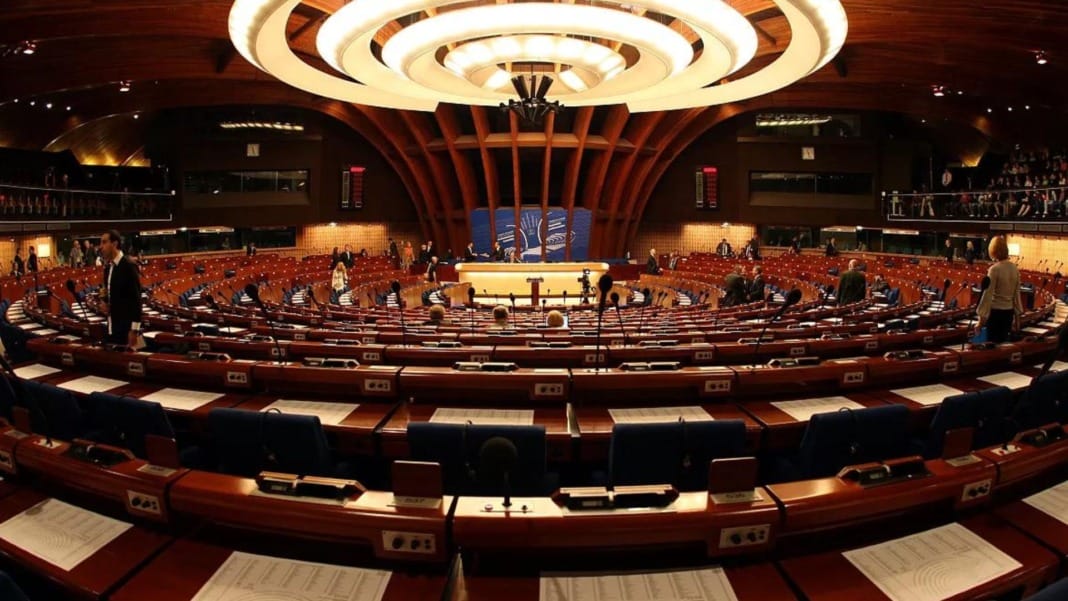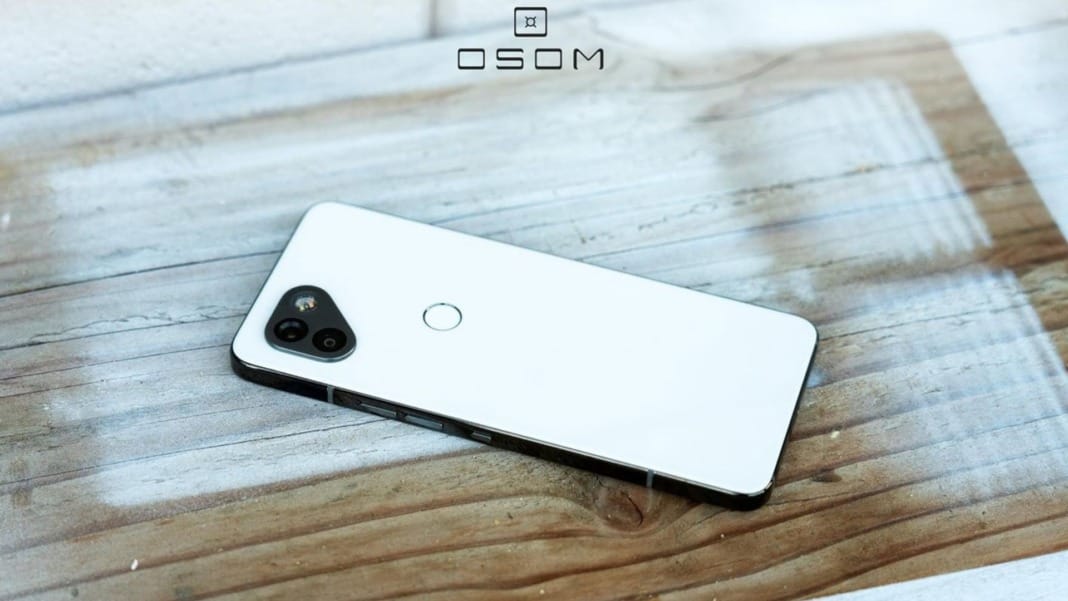The US, UK, and European Union have signed the world’s first legally binding treaty on artificial intelligence (AI), aiming to ensure AI development follows core values such as human rights, democracy, and the rule of law. This significant agreement, the Framework Convention on Artificial Intelligence, is designed to set clear standards for how AI systems should operate, focussing on transparency, the protection of user data, and adherence to the law.
Key principles of the AI treaty
This treaty outlines the expectations AI systems must meet, with all signing countries required to implement the necessary legal and administrative measures to reflect these standards. It strongly emphasises ethical practices, urging governments to ensure that AI systems protect individual rights and are governed by laws that safeguard privacy and transparency.
Historic moment! The #CoE opens the first-ever legally binding global treaty on #AI and human rights.
— Council of Europe (@coe) September 5, 2024
Signed by EU 🇦🇩 🇬🇪 🇮🇸 🇳🇴🇲🇩🇸🇲 🇬🇧 🇮🇱 🇺🇸, this Framework Convention ensures AI aligns with our values.
#HumanRights #Innovation #Democracy #GlobalTreaty
Several countries, including the US, UK, and EU, have already signed the treaty. These include Andorra, Georgia, Iceland, Norway, the Republic of Moldova, San Marino, and Israel. The treaty, which has been in development since 2019, marks a crucial moment in the regulation of AI.
While many agreements on AI safety have been introduced in recent months, most need more real consequences for countries that fail to follow through on their promises. However, this new treaty claims to be “legally binding,” meaning that countries will face a formal obligation to adhere to its guidelines. Still, according to the Financial Times, enforcement will largely rely on monitoring, which may not be as robust as some hope. The monitoring process could present challenges in holding countries accountable if they fail to meet their commitments.
A template for future AI laws
Despite concerns about the strength of enforcement, the treaty is seen as a potential blueprint for other countries as they develop their own AI regulations. In the US, lawmakers are actively working on AI-related bills, and the European Union has already passed major regulations. The UK is also moving forward with its AI legislation, aiming to balance fostering innovation and ensuring AI safety. California, known for its tech industry, is close to passing its own AI safety law despite pushback from leading AI companies such as OpenAI.
Council of Europe Secretary General Marija Pejčinović Burić commented on the treaty’s importance, saying, “We must ensure that the rise of AI upholds our standards, rather than undermining them. The Framework Convention is designed to ensure just that. It is a strong and balanced text—the result of the open and inclusive approach.” Her remarks highlight the treaty’s aim to support technological growth without compromising the ethical standards that protect individuals.
What’s next for the AI treaty?
The Framework Convention will take effect three months after five signatory countries ratify it. This ratification process will likely set the stage for broader adoption of AI regulations worldwide, particularly as more nations recognise the need for a unified approach to governing AI.
Although the treaty may face challenges in its implementation and enforcement, it marks a significant step towards creating an international framework for AI that prioritises safety, ethics, and human rights. As more countries join, the hope is that this agreement will drive meaningful progress in the responsible development of AI technologies.





